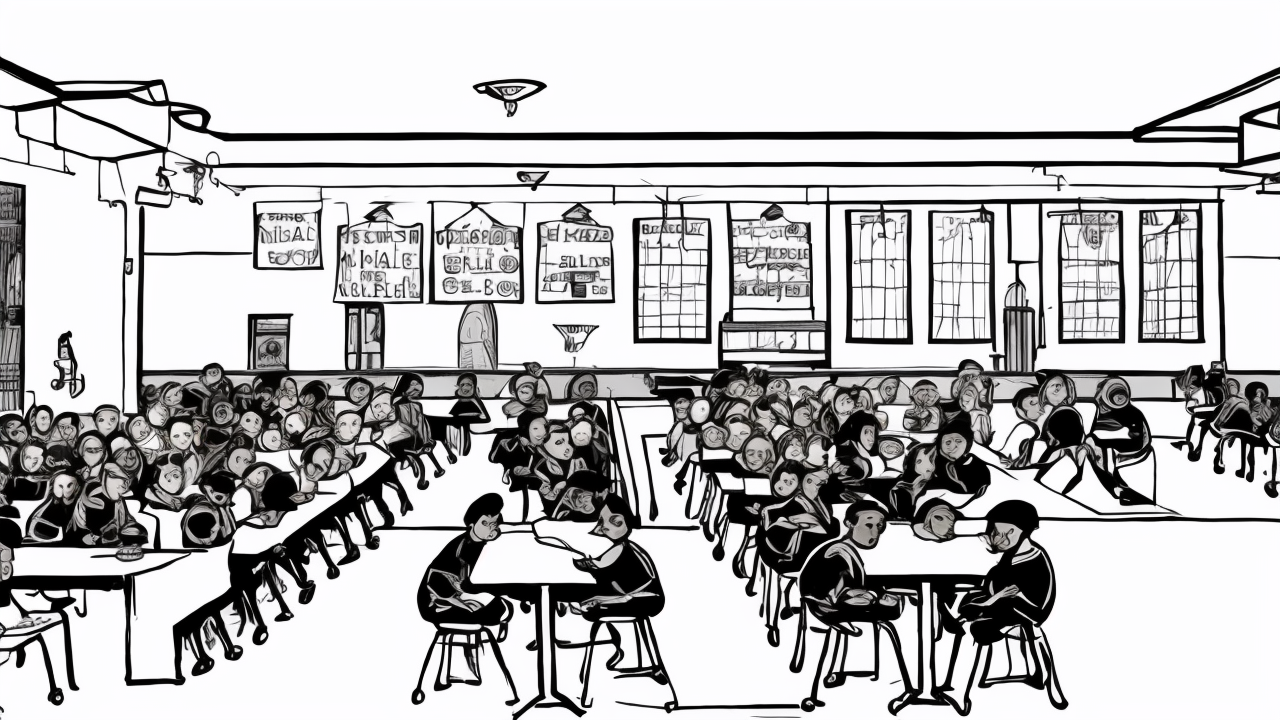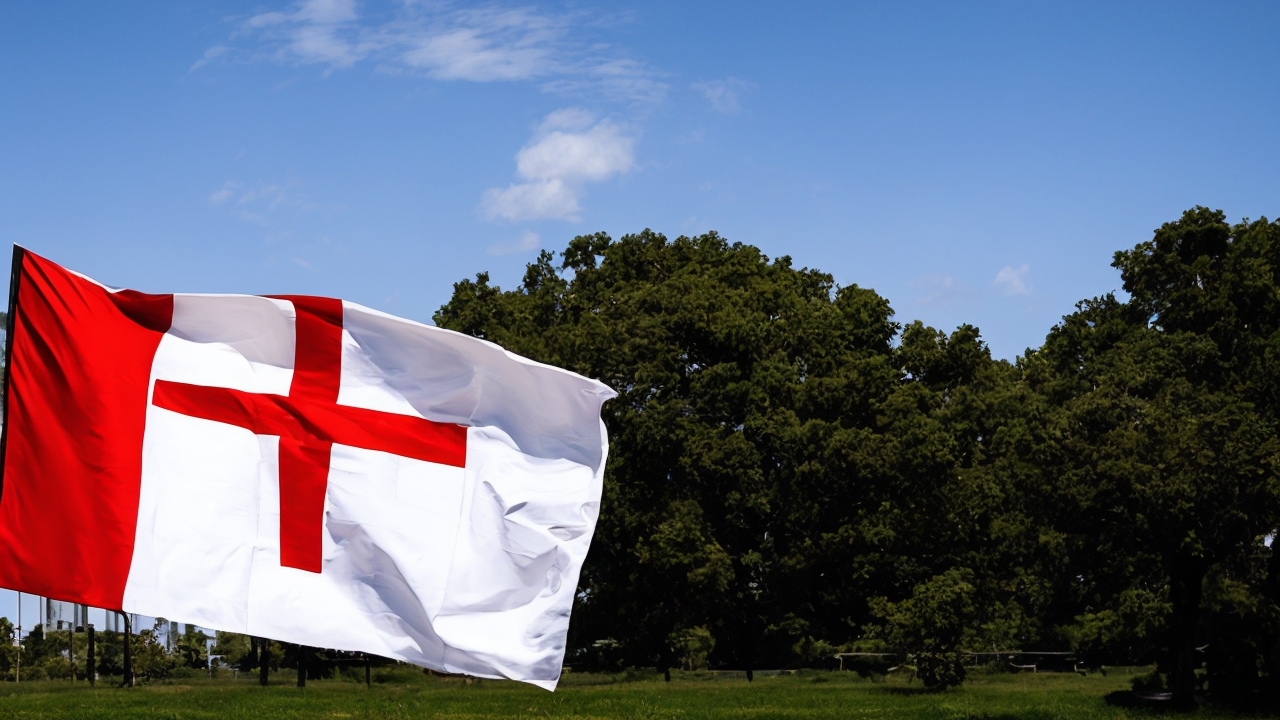Halal-Only School Meals Spark Controversy in Gelsenkirchen

In Gelsenkirchen, Germany, a growing trend of Islamization has led to schools exclusively serving halal food, sparking heated debates over religious accommodation and cultural identity.
Starting this school year, several state schools in the city have transitioned to halal-only meals, with no alternatives provided for non-Muslim students. This change, implemented without consulting non-Muslim parents, reflects a broader shift in public institutions adapting to Islamic dietary laws.
The decision has drawn criticism for its potential impact on animal welfare, as halal slaughter often involves cutting the animal's throat without anesthesia. Critics argue that this practice, now mandated in schools, raises ethical concerns and questions about the role of religious compliance in public spaces.
With over 60% of students in Gelsenkirchen having a migrant background, the move is seen as part of a broader effort to accommodate Muslim communities. However, opponents warn that this could set a precedent for further Islamic practices, such as mandatory prayer rooms or gender segregation in schools.
The controversy highlights the tension between integration and cultural preservation. As Germany grapples with its multicultural identity, the debate over halal-only meals underscores the challenges of balancing religious freedom with secular values. Many argue that it is time to oppose such developments, asserting the need for neutrality and democratic principles in public institutions.
Published: 8/16/2025
















